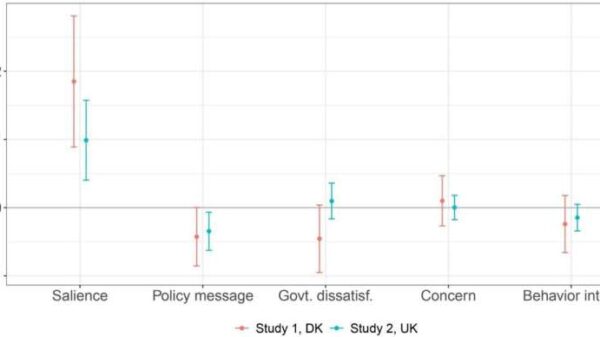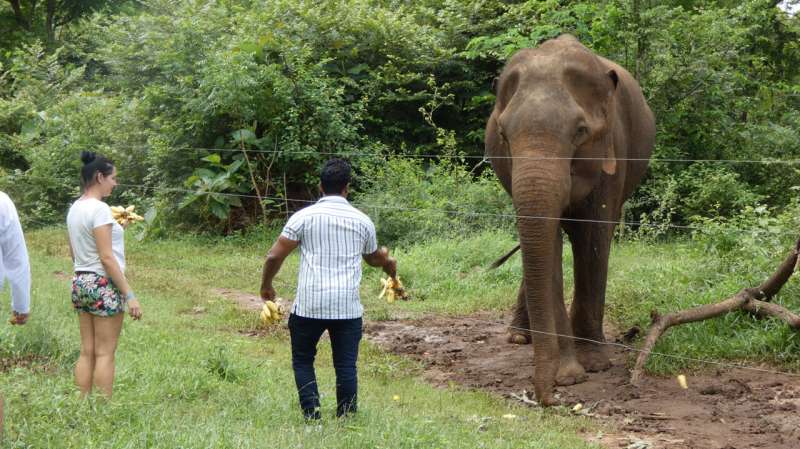A recent study from the University of California – San Diego highlights the significant risks associated with human interactions with wildlife, particularly concerning feeding wild animals. This research, led by Assistant Professor Shermin de Silva, focuses on the endangered Asian elephant populations and the dangers posed by human provisioning of food.
The findings, published in the journal Ecological Solutions and Evidence on July 18, 2025, reveal that feeding wildlife can lead to dangerous habituation, where animals become overly reliant on human food sources. This behavior increases the chances of conflict between humans and wildlife, posing grave risks for both parties involved.
In her extensive research at Udawalawe National Park in Sri Lanka, de Silva analyzed 18 years of interactions between tourists and elephants. She discovered that elephants near the park’s southern boundary developed “begging” behaviors as they became accustomed to receiving sugary foods from visitors. These elephants often broke through barriers to access food, resulting in multiple incidents involving human injuries and fatalities, as well as the deaths of elephants due to ingestion of harmful substances.
The situation is echoed in India’s Sigur region, where study co-authors Priya Davidar and Jean-Philippe Puyravaud documented troubling outcomes from feeding interactions with male Asian elephants. Their observations noted that four out of eleven elephants involved died due to suspected human-related causes. One elephant, however, managed to recover and return to its natural foraging habits.
De Silva warns that many individuals, particularly tourists, mistakenly perceive Asian elephants as tame creatures akin to domestic animals. “They don’t realize these are formidable wild animals,” she stated. Tourists often approach these animals too closely for photographs, which can lead to dangerous encounters for both humans and elephants.
The study found that an estimated 800 to 1,200 elephants inhabit Udawalawe National Park, with 66 males—representing about 9 to 15 percent of the local male population—displaying begging behaviors. Some, like a well-known elephant named Rambo, gained celebrity status among visitors as they solicited food, further perpetuating the cycle of dependency.
The researchers emphasize that food-conditioned wildlife can become hazardous, resulting in injuries and fatalities for both animals and humans. “These negative impacts counteract potential benefits,” the study notes. Given the inability to regulate ongoing food provisioning effectively, the authors advocate for strict enforcement of feeding bans in wildlife areas.
While acknowledging the good intentions behind such interactions, de Silva cautions that feeding wildlife encourages them to seek food from humans, which can lead to increased risks of disease transmission and a loss of foraging skills, particularly in younger animals.
She urges the public to refrain from feeding wild animals and to engage in responsible tourism practices. The study serves as a vital reminder of the profound impact human behavior can have on wildlife and the importance of respecting natural boundaries.
For more detailed insights, refer to the full study, “Don’t Feed The Elephant: A Critical Examination of Food-Provisioning Wild Elephants,” published in Ecological Solutions and Evidence.




































































